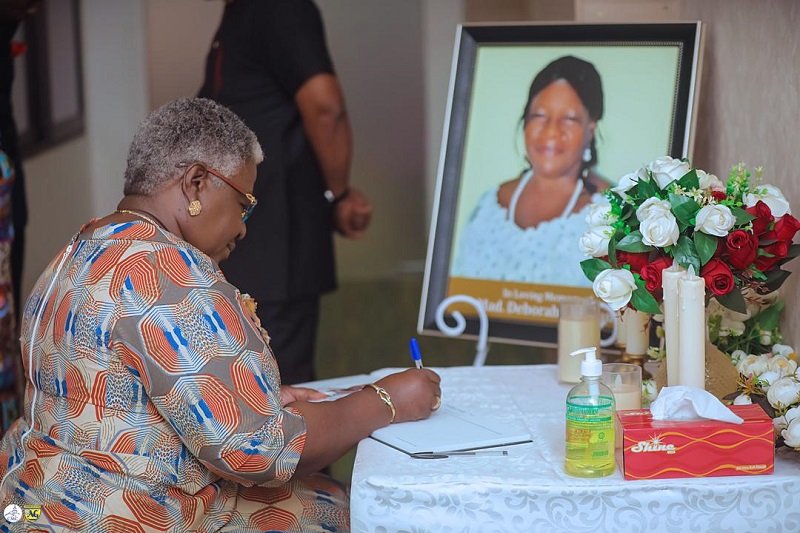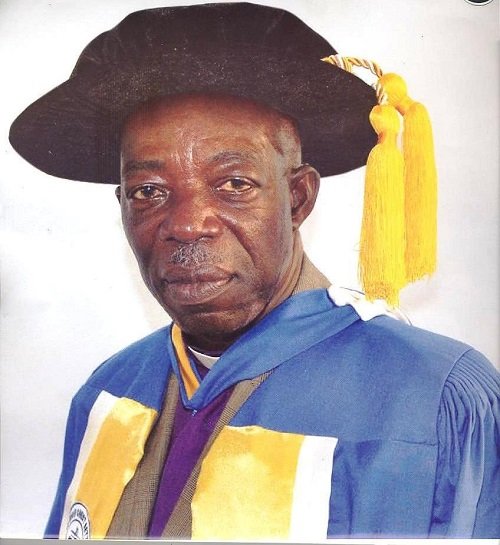ARTICLE AD
At the end of the 76th New Year School in Accra participants, in a communique, called for a strict enforcement of laws protecting water bodies and forests.
This, they emphasised was important in order to preserve the natural resources as part of achieving sustainable development.
Touching on other areas, the participants also called on the government, through the Ministry of Energy and the Ministry of Water Resources, Works, and Housing, to accelerate the shift from fossil fuels to renewable energy.
“It proposed that planning authorities ensure new buildings include at least 30 per cent renewable energy sources, such as solar, while keeping costs affordable for users.
“The transition to renewable energy is not just a necessity for the planet but also an opportunity to make energy more sustainable and cost-effective for citizens.”
Chairperson for the closing ceremony, Pro Vice Chancellor, Research, Innovation and Development, University of Ghana, Professor Felix Ankomah Asante, in a speech read on his behalf commended participants for their active participation in the conference, saying “Your insights have been invaluable, your perspectives have been enlightening and your expertise unmatched.”
Executive Director of the ANYSC, Dr Jack Andrew Dotse, expressed optimism that the valuable discussions held during the event would be translated into concrete actions.
He stressed the importance of implementing these recommendations to achieve tangible outcomes that positively contribute to Ghana’s development.
Participants also recommended the election of Metropolitan, Municipal, and District Chief Executives (MMDCEs) to strengthen grassroots democracy. They called for empowering women from the community level to the district and municipal assemblies to enhance participation in local governance.
The communiqué also suggested constitutional amendments to allow for the election of political parties and independent candidates at the local government level, emphasizing the need to promote multi-party democracy, district development, and broader citizen participation.
BY RAISSA SAMBU

 5 days ago
16
5 days ago
16 

